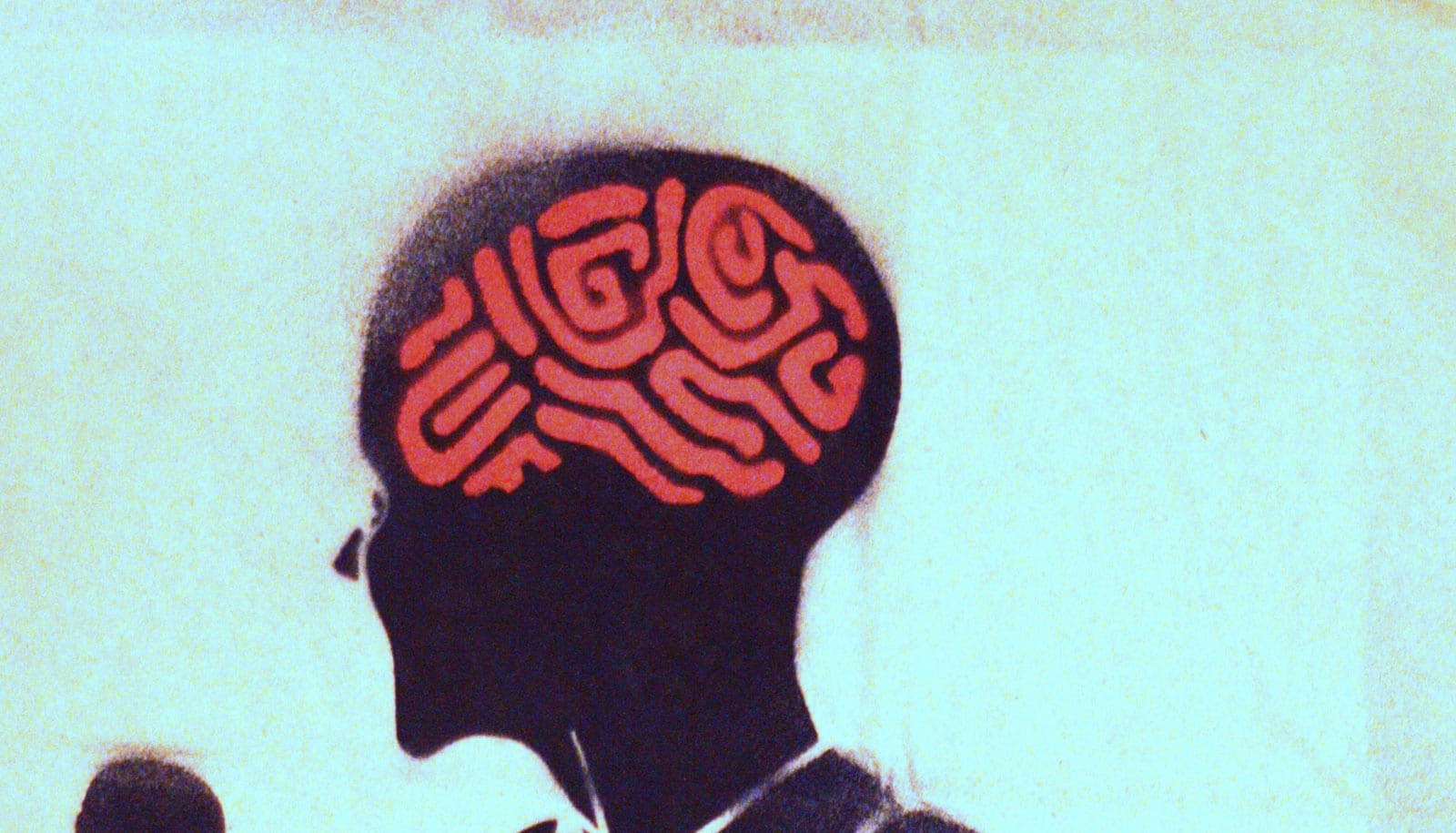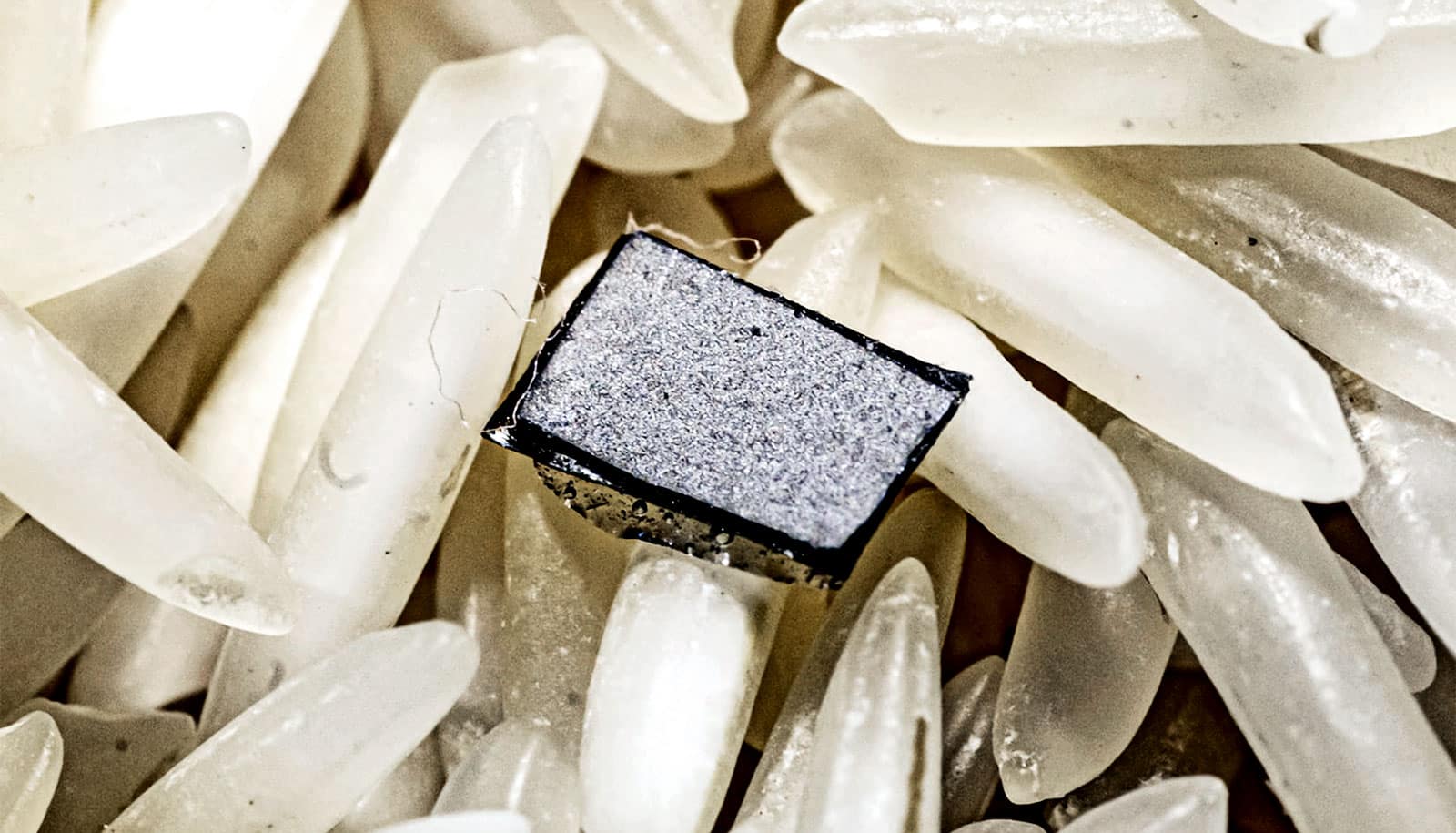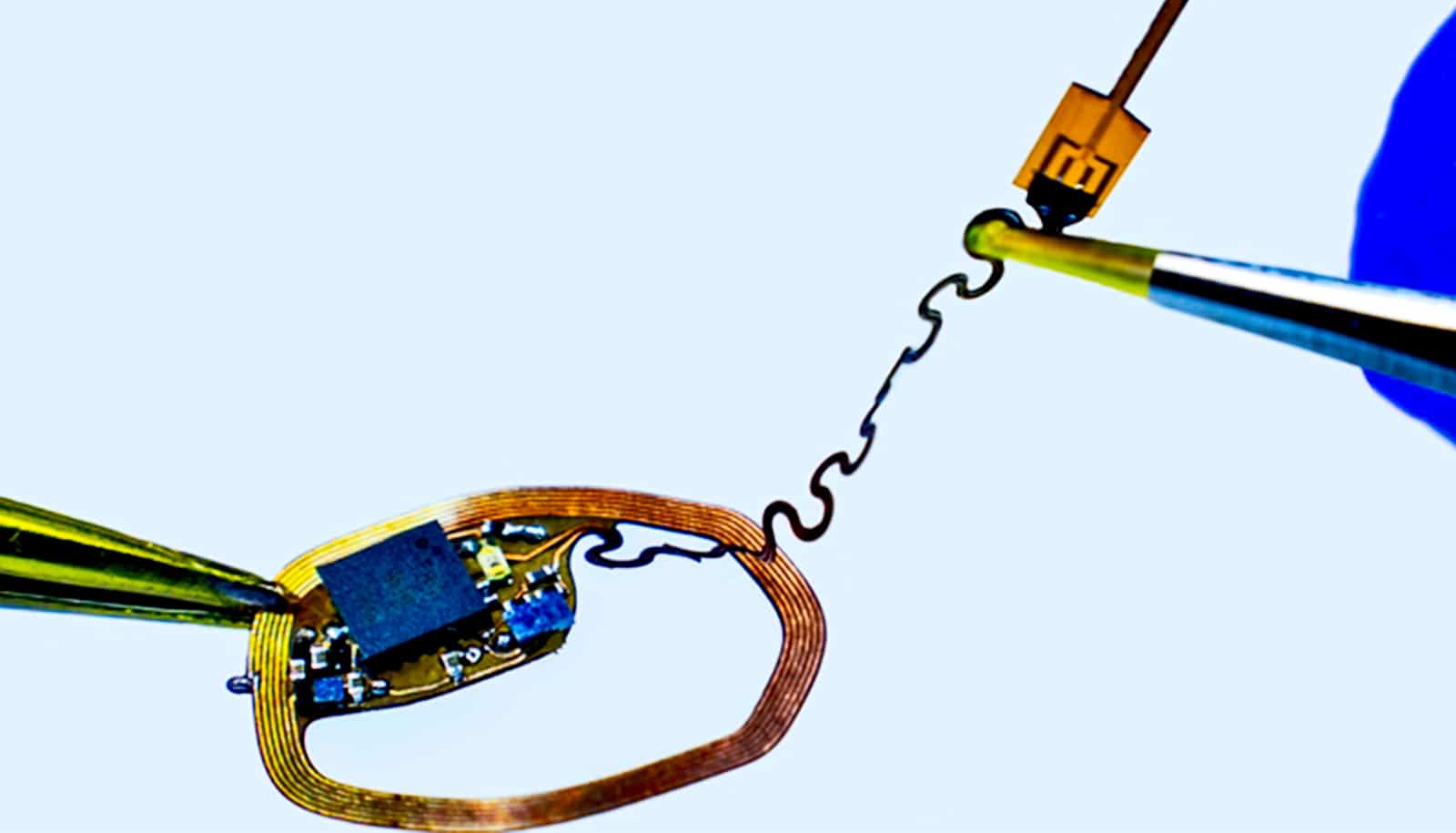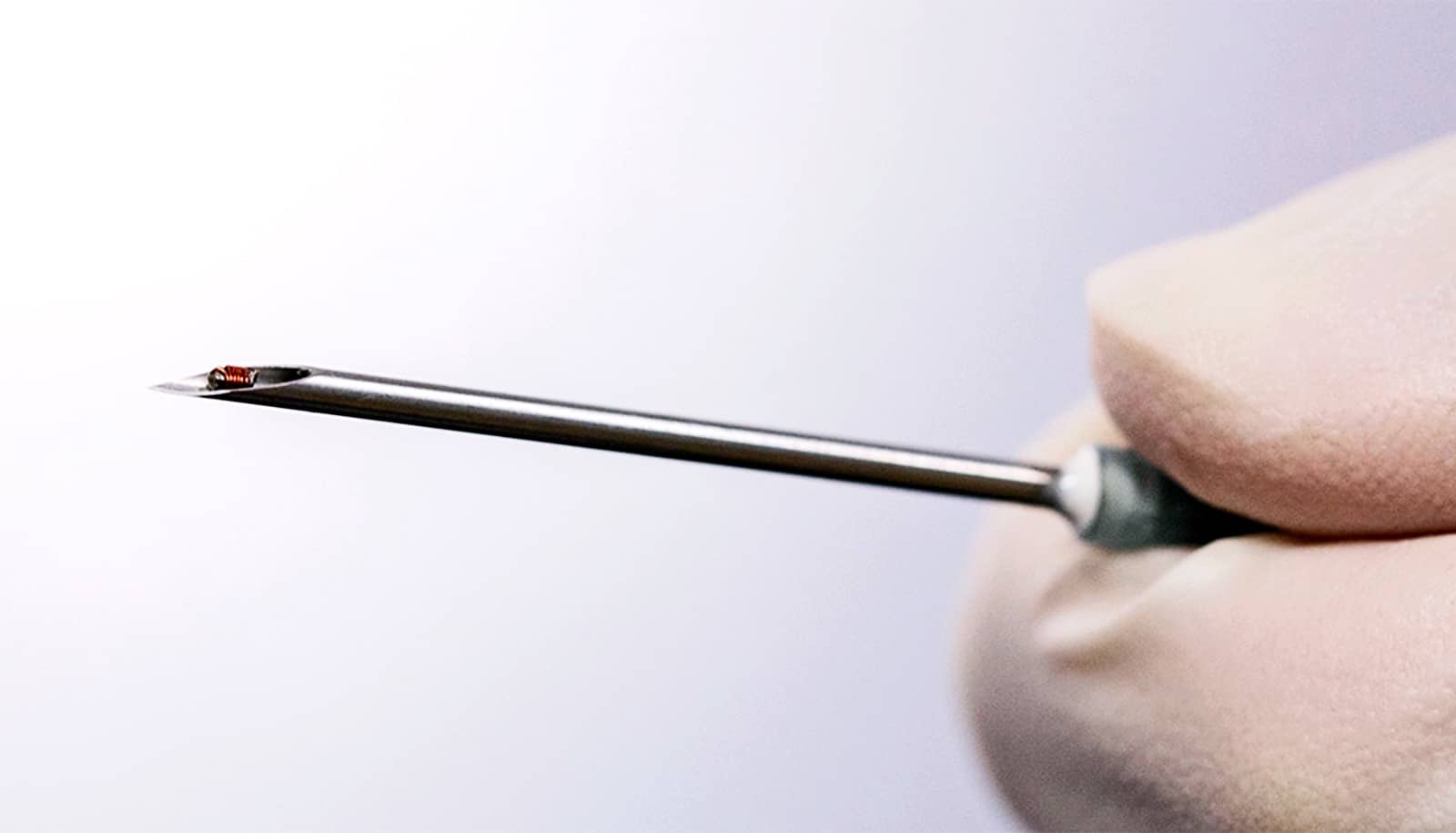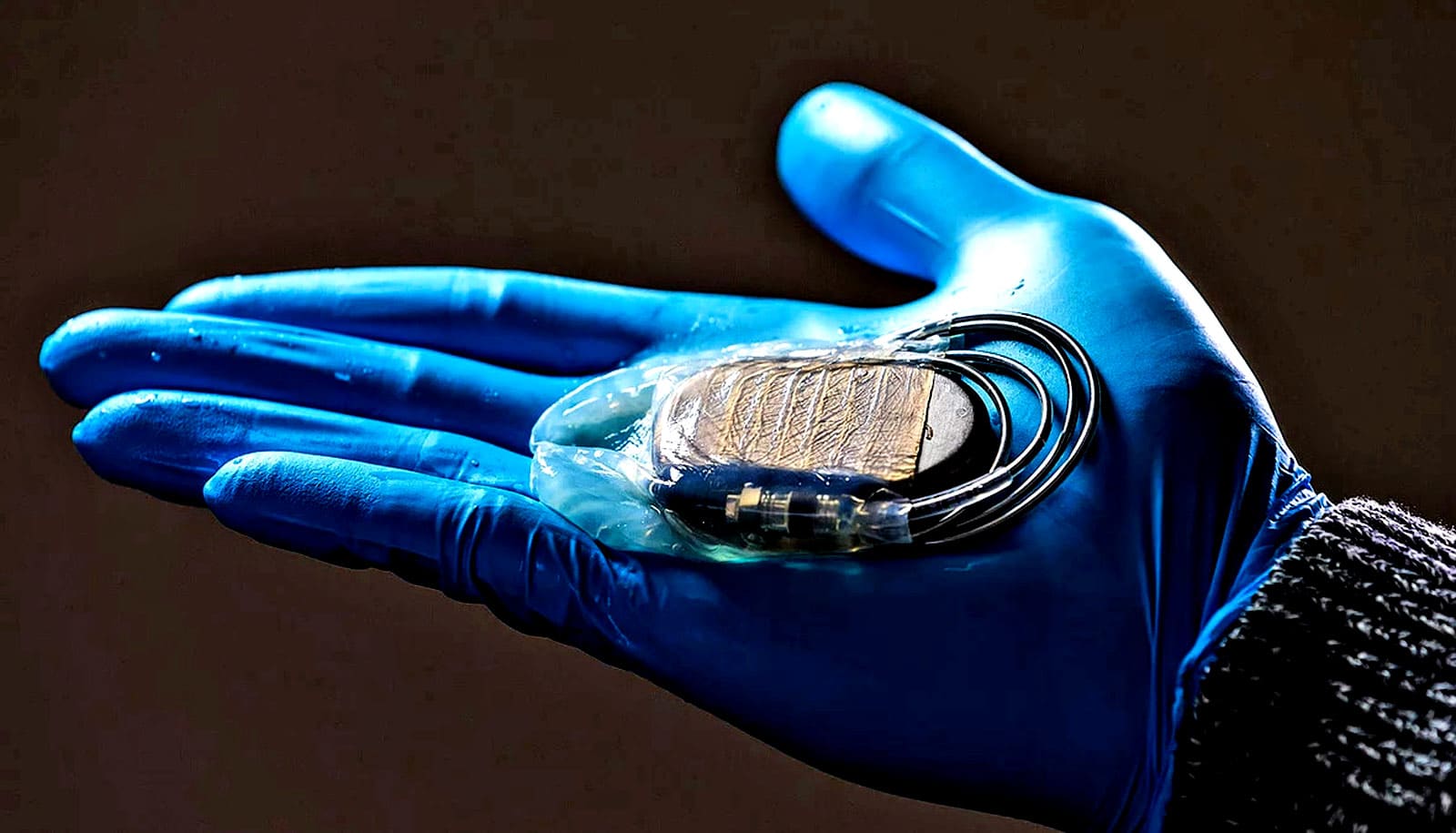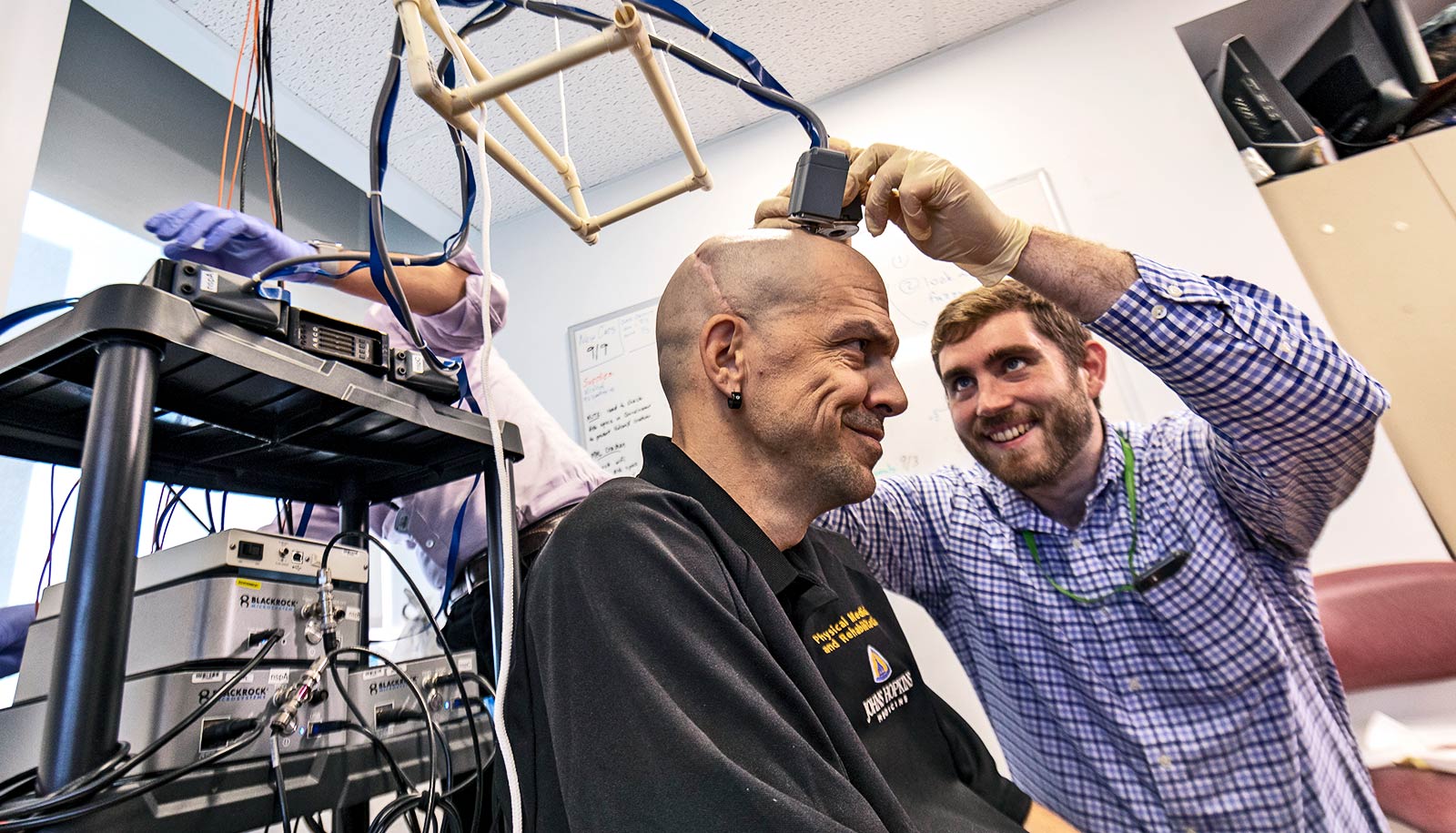Masks and distancing make it tough for the hard-of-hearing, but here's how to help
Audiologists recommend enhanced communication strategies in the time of coronavirus to help the nearly 60 million Americans living with hearing loss in one or both ears.
Nicole Marrone, Associate Professor in Speech, Language, and Hearing Sciences, University of Arizona •
conversation
April 30, 2020 • ~7 min
April 30, 2020 • ~7 min
/
5

